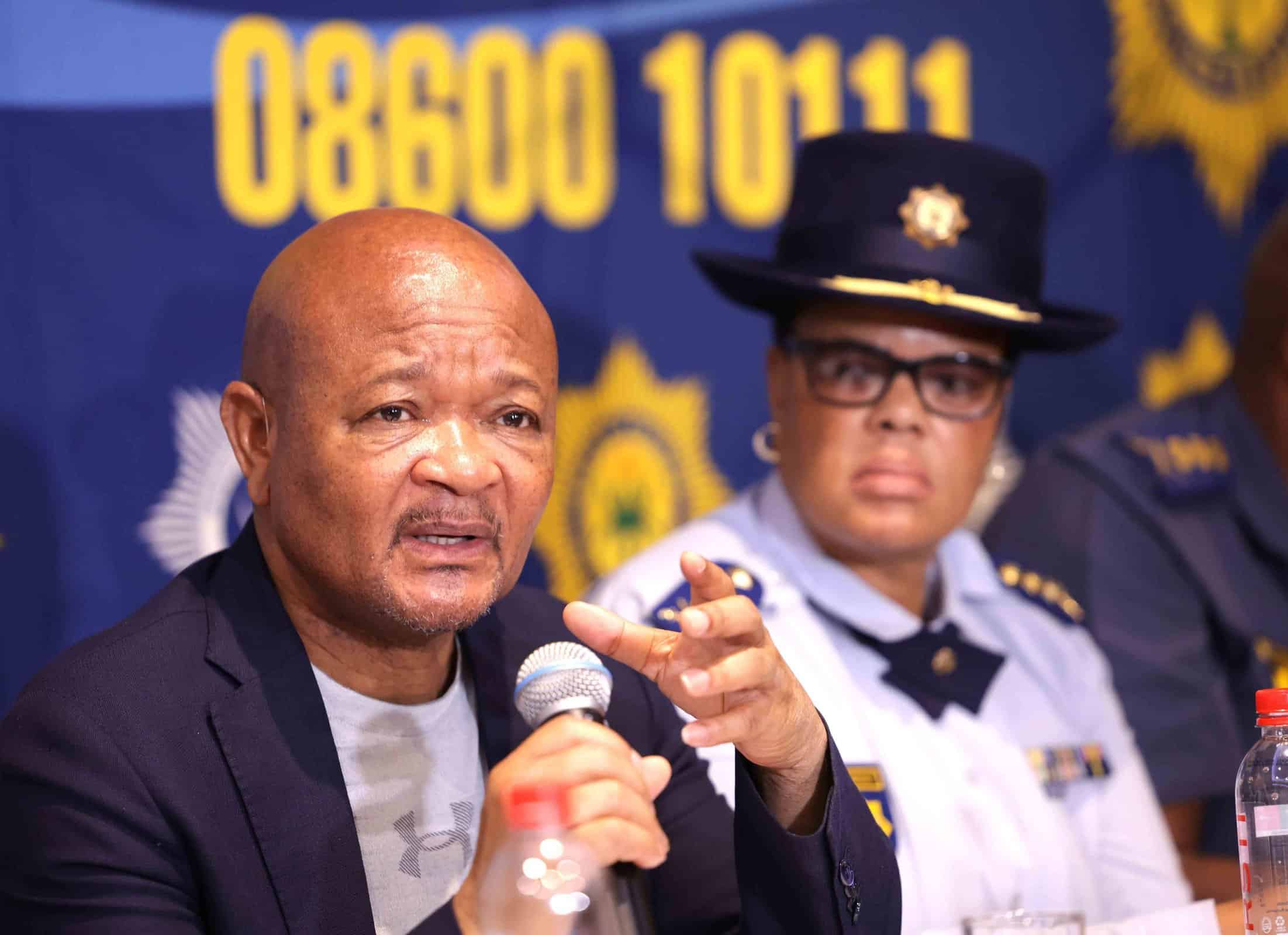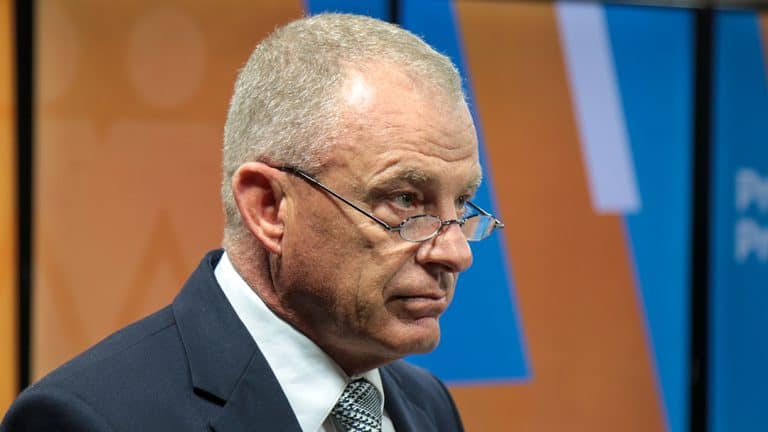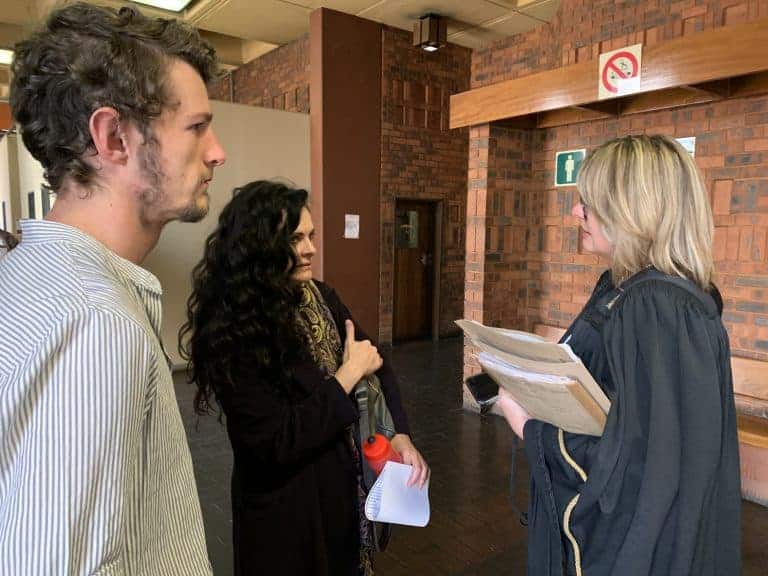Commission of Inquiry an accusation against the capacity of existing law enforcement agencies – AfriForum
AfriForum describes President Cyril Ramaphosa’s announcement that a commission of inquiry has been established to investigate, among other things, serious allegations of political interference and corruption against Police Minister Senzu Mchunu as a serious accusation against the capacity of existing law enforcement agencies. According to AfriForum, this indicates that these agencies either do not have the capacity to conduct the investigation or do not have the capacity to approach it without prejudice, and therefore another instrument is now being sought to undertake the investigation.
In terms of Ramaphosa’s announcement, the South African Police Service (SAPS), the National Prosecuting Authority (NPA), the State Security Agency (SSA), the judiciary and the Johannesburg and Tshwane Metro Police will now be investigated by a commission of inquiry, chaired by Acting Deputy Chief Justice Mbuyiseli Madlanga.
According to Jacques Broodryk, Chief Spokesperson for Community Safety at AfriForum, commissions of inquiry during Ramaphosa’s time have not yet really borne fruit. The delay in implementing the recommendations of the Zondo Commission’s investigation into state capture serves as an example of this.
“Commissions of inquiry are often used to sidestep political inconveniences and sweep them under the rug in the long term,” explains Broodryk. He maintains that the establishment of a commission of inquiry is clearly not about accountability but about optics in an attempt to win the public’s favour.
Accusations made by Lieutenant General Nhlanhla Mkhwanazi, KwaZulu-Natal Provincial Police Commissioner, alleging corruption against high-ranking individuals, including Mchunu, have been causing waves across the country since last week. Mkhwanazi alleged, among other things, that there are attempts to sabotage high-profile investigations and protect individuals involved in organised crime and corruption.
“Last night, Ramaphosa offered a ‘safe’ political answer without any real bite to a huge criminal problem. Serious allegations of this nature, however, require a criminal investigation, not political action,” explains Broodryk. “If Ramaphosa was serious about tackling criminality in government and law enforcement agencies, now was the time to give competent investigators the opportunity to do their work without political pressure or interference. A commission of inquiry is often used as a political delaying tactic and has no binding legal powers or criminal liability. South Africa does not need another expensive report that will just gather dust while corruption continues.”










